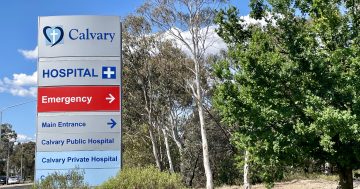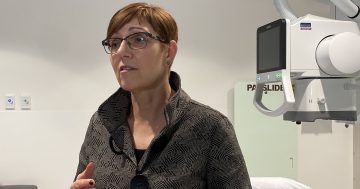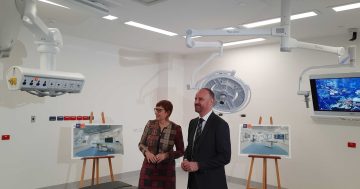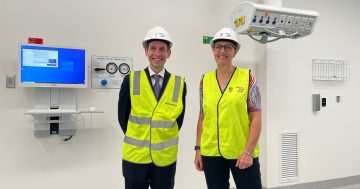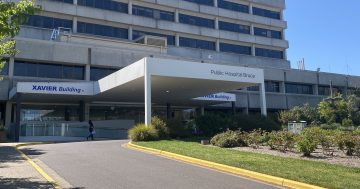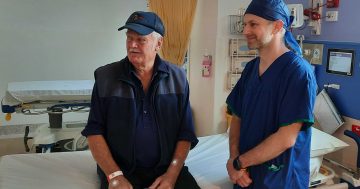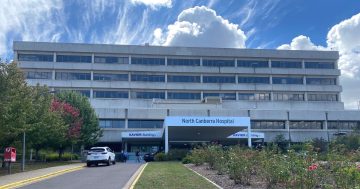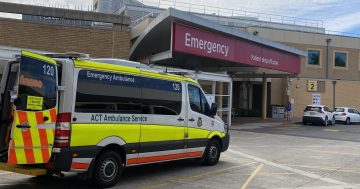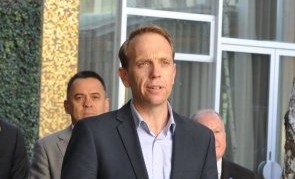
The ACT Government has announced an elective surgery “blitz” in the first half of 2016 that will see the city’s surgeons perform an extra 1000 procedures in a bid to reduce the number of long-wait patients in the territory.
ACT Minister for Health Simon Corbell said the Government would direct $11.8 million towards the program in order to reduce the overall number of elective surgery patients waiting longer than clinically recommended. He said ACT Health was committed to strategies that would prevent the waiting lists getting this high in the future, too.
The program will see increased elective surgery at Canberra and Calvary hospitals and the use of private hospitals to undertake procedures that cannot be accommodated at the public facilities.
The blitz will be funded through cross-border revenues in 2015-16, which are expected to exceed budget by the required amount, according to Mr Corbell. Cross-border revenues are funds the ACT Government receives to cover the cost of treating non-ACT residents in its health facilities, the bulk of which comes through an agreement with the New South Wales Ministry of Health.
Patients who will receive surgeries as part of the blitz will be contacted by the hospital “in due course”.
“The government understands how important it is for people to receive their surgeries within the recommended timeframe and these extra surgeries will help us drastically cut our waiting list,” Mr Corbell said.
“ACT Health established a surgical taskforce to develop strategies to improve theatre utilisation and make better use of the surgical resources available in order to tackle what has been a long-time challenge in the ACT. “
There are more than 1200 current long wait elective surgery patients in the ACT, the majority of them waiting for orthopaedic, urology and ear, nose and throat surgeries.
ACT public hospitals provided 11,875 elective surgery procedures in 2014-15, the highest number of elective surgery procedures ever performed in a year and the fifth consecutive year of more than 11,000 elective surgeries.
“Despite increasing the number of elective surgeries performed each year the growth in the ACT’s population combined with the ageing population has resulted in increased demand,” Mr Corbell said.
“Meeting the demand in health services is a major priority for the government and taking these important steps now to reduce our long-wait list will also help improve our ongoing management of waiting lists.”
“There will be a realignment of territory-wide surgical services to ensure optimal value of theatre utilisation across Canberra, and booking procedures and engagement with surgeons will be reviewed to ensure the longer term sustainability of the system,” he said.












